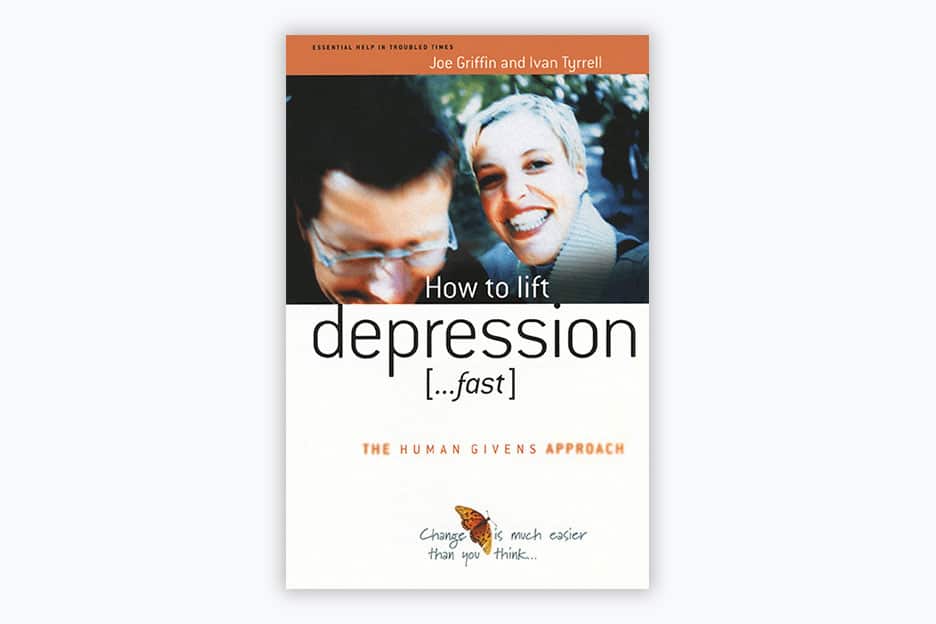Depressed or Anxious? Paying Attention Could Be the Key to Recovery
People dealing with depression or anxiety may not remember positive outcomes.
Key points:
- People who are depressed do not easily recall positive events.
- People who are anxious tend not to remember good outcomes.
- What we pay attention to affects what memories we make – or whether we make memories at all.
- Focusing attention wisely is key to good mental health.
Have you ever wondered why someone in the grip of depression can’t seem to remember anything nice that happens, however important it was?
I had a client who had no memory of passing an important exam with distinction. He was in depression when he received his results and it didn’t stick in his mind, he said.
Sometimes this happens because, in depression, people inadvertently filter out what doesn’t fit with their mood, homing in only on whatever feeds the miserable story they are currently telling themselves. But there is another reason, and it can give us a steer for how to start turning things around.
Maybe you have at some time cajoled a depressed friend or relative into going for a walk with you, knowing that exercise elevates mood: how could they fail to have their spirits lifted by such a lovely day? So you walk in the countryside, and it is green and lush and you admire the clouds scudding across the blue sky and comment on the birds singing in the hedgerows. Perhaps you both look into a stream and you point out gleaming little yellow fish visible in the sparkling water.
And then, a day or two later, you comment on the walk and they remember nothing about it. The images are crystal clear in your own head, yet seem to have departed from theirs. Is it that depression has robbed their memory? Well, here’s the thing. It is likely that they can’t recall that day because they never made a memory out of it in the first place.
This article was first published on Psychology Today, and was written by Denise Winn.





